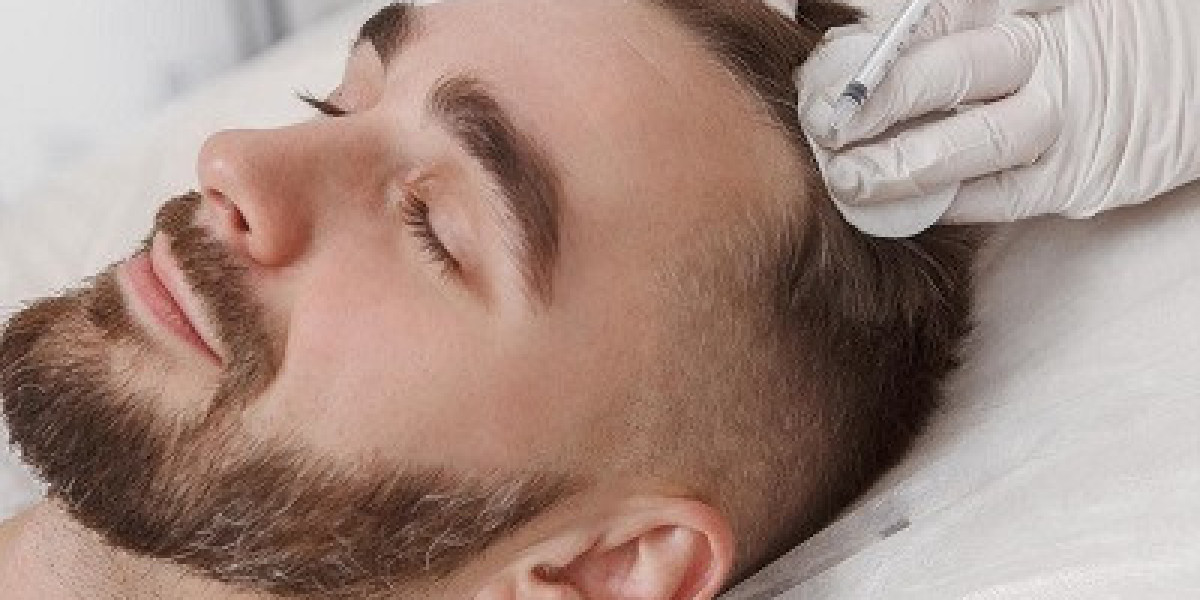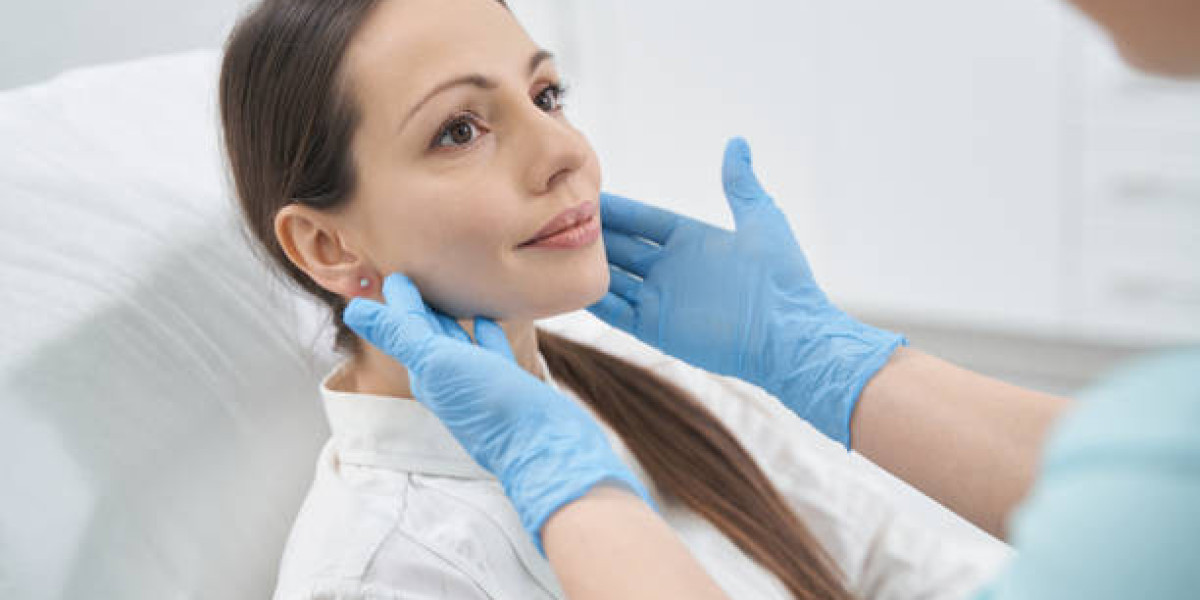Hair loss can be a distressing experience, affecting self-esteem and confidence. One of the significant contributors to Hair Loss Treatment in Oman is testosterone, a hormone that plays a crucial role in various bodily functions. In Oman, where traditional and modern hair loss treatments are becoming increasingly sought after, understanding the connection between testosterone and hair loss is essential for effective management. This article delves into the complexities of testosterone's role in hair loss, its implications for treatment, and available options.
The Basics of Hair Loss
Types of Hair Loss
Hair loss can manifest in several forms, including:
- Androgenetic Alopecia: Commonly known as male or female pattern baldness, this genetic condition affects millions globally.
- Alopecia Areata: An autoimmune disorder that leads to sudden hair loss.
- Telogen Effluvium: A temporary form of hair loss caused by stress, hormonal changes, or illness.
Understanding these types is crucial for identifying the most suitable hair loss treatment in Oman.
The Hair Growth Cycle
Hair grows in cycles, which include:
- Anagen Phase: The growth phase where hair follicles actively produce hair.
- Catagen Phase: A short transition phase where growth stops.
- Telogen Phase: The resting phase before the hair falls out.
Disruptions in this cycle can lead to premature hair loss, often influenced by hormonal changes.
Testosterone and Hair Loss
How Testosterone Affects Hair Growth
Testosterone is a potent androgen hormone that can impact hair growth in various ways. It is converted into dihydrotestosterone (DHT) by the enzyme 5-alpha reductase. DHT binds to hair follicle receptors, leading to miniaturization of the hair follicles, which results in shorter, finer hair. Over time, this process can lead to a reduction in hair density, a hallmark of androgenetic alopecia.
The Role of DHT in Androgenetic Alopecia
DHT is often regarded as the primary culprit in male and female pattern hair loss. Its affinity for hair follicles in genetically predisposed individuals means that those with higher levels of testosterone or those more sensitive to DHT are at greater risk of experiencing hair loss.
Factors Influencing Testosterone Levels
Age and Hormonal Changes
As individuals age, testosterone levels naturally decline, which can lead to increased hair loss. This is particularly evident in men, but women can also experience hormonal changes due to menopause, which can exacerbate hair loss.
Lifestyle Factors
Certain lifestyle choices can influence testosterone levels, including:
- Diet: A balanced diet rich in essential nutrients supports hormonal balance.
- Exercise: Regular physical activity can help maintain healthy testosterone levels.
- Stress Management: Chronic stress can lead to hormonal imbalances that may accelerate hair loss.
Hair Loss Treatment in Oman
Traditional Treatments
In Oman, traditional treatments for hair loss often include herbal remedies and oils that have been passed down through generations. While these may provide some benefits, their effectiveness can vary widely.
Modern Medical Approaches
Modern hair loss treatments available in Oman are increasingly popular and can include:
- Minoxidil: An over-the-counter topical treatment that promotes hair growth by increasing blood flow to hair follicles.
- Finasteride: A prescription medication that inhibits the conversion of testosterone to DHT, helping to prevent further hair loss.
- Platelet-rich plasma (PRP) Therapy: A cutting-edge treatment that uses the patient’s blood to stimulate hair follicles.
Surgical Options
For those seeking more permanent solutions, surgical options such as hair transplants are available. These procedures involve transplanting hair follicles from areas of the scalp with healthy hair to balding areas.
Managing Expectations and Results
Understanding Treatment Efficacy
It’s essential for individuals considering hair loss treatment in Oman to have realistic expectations. Results vary based on factors such as:
- The underlying cause of hair loss
- The treatment method chosen
- Individual response to treatment
Patience is Key
Hair restoration is often a gradual process. Patients should be prepared to commit to their chosen treatment for several months before assessing its effectiveness.
Lifestyle Changes to Support Hair Health
Nutrition for Healthy Hair
A diet rich in vitamins and minerals can support hair health. Key nutrients include:
- Biotin: Supports hair growth and thickness.
- Vitamin D: Promotes hair follicle cycling.
- Zinc: Plays a crucial role in hair tissue growth and repair.
Stress Management Techniques
Implementing stress-reducing practices such as yoga, meditation, or regular exercise can positively impact hormonal balance and overall hair health.
Conclusion
Understanding the role of testosterone in hair loss is vital for those seeking effective treatment options, especially in Oman where various methods are available. From traditional remedies to modern medical treatments, addressing hair loss requires a comprehensive approach that considers hormonal influences, lifestyle factors, and personal health goals. With the right knowledge and treatment strategy, individuals can take proactive steps toward restoring their hair and confidence.








